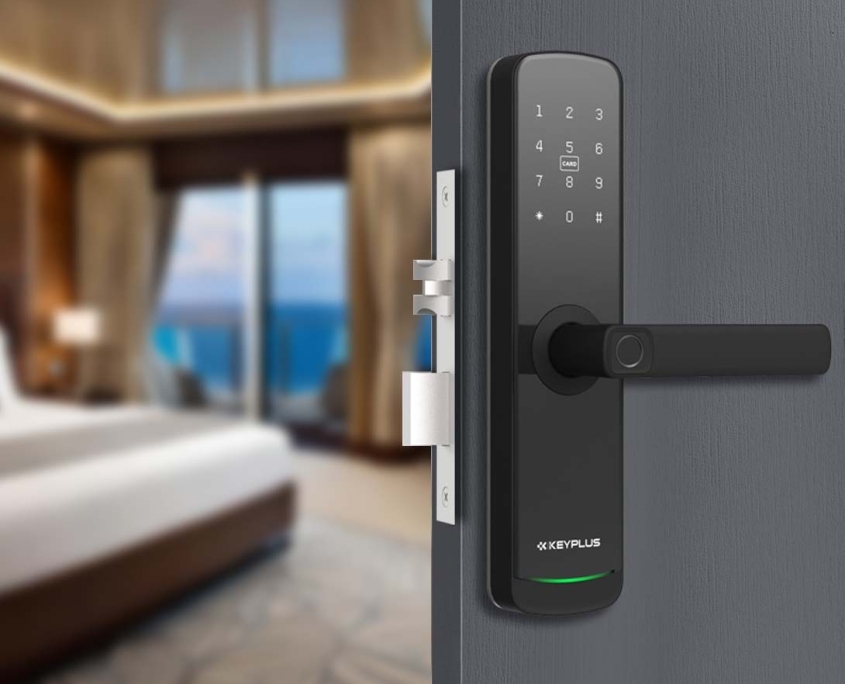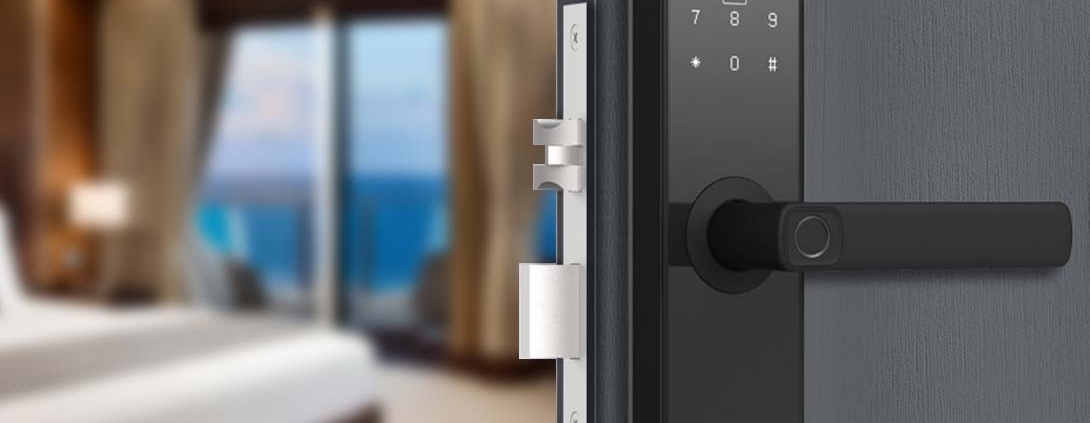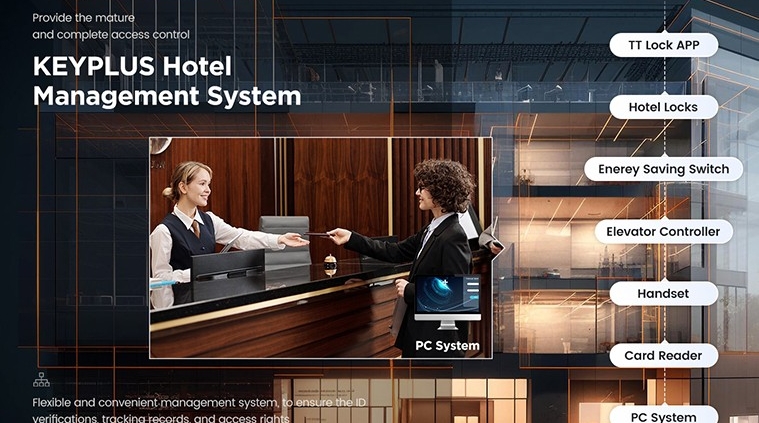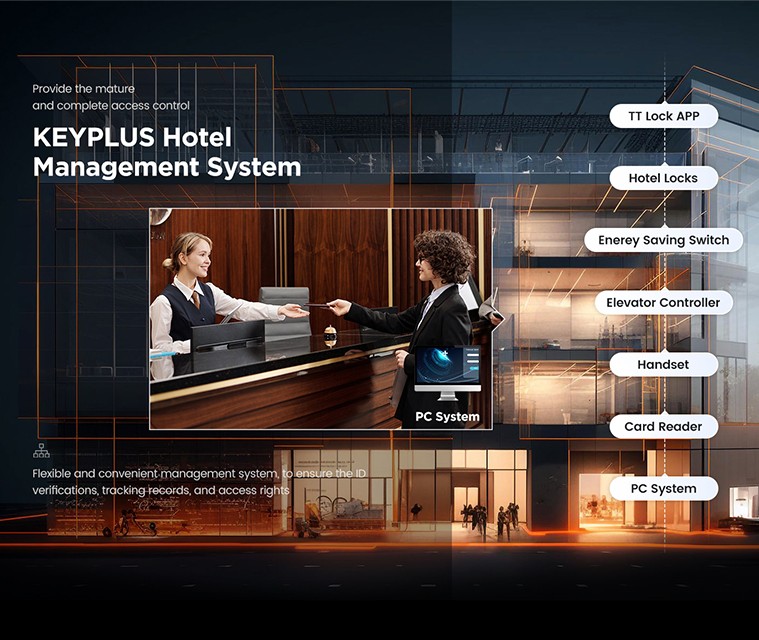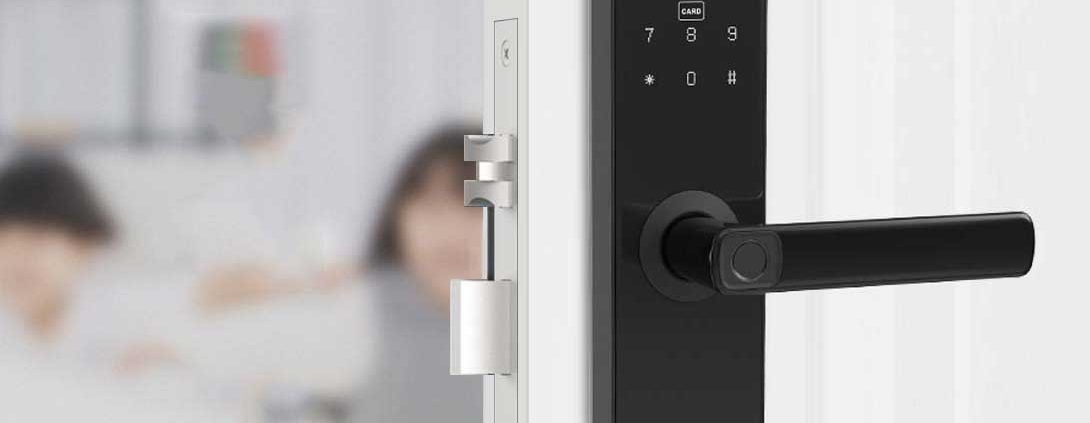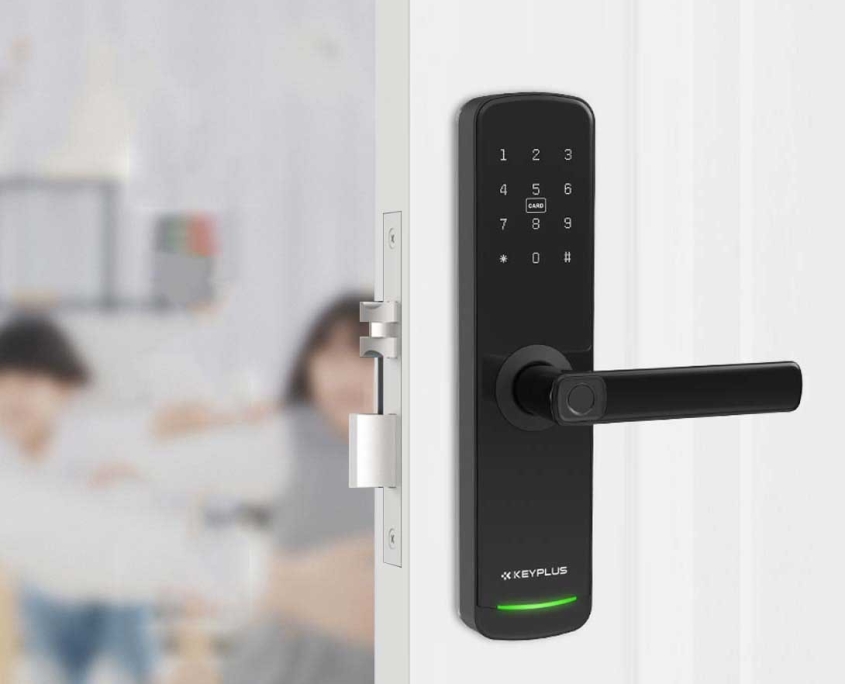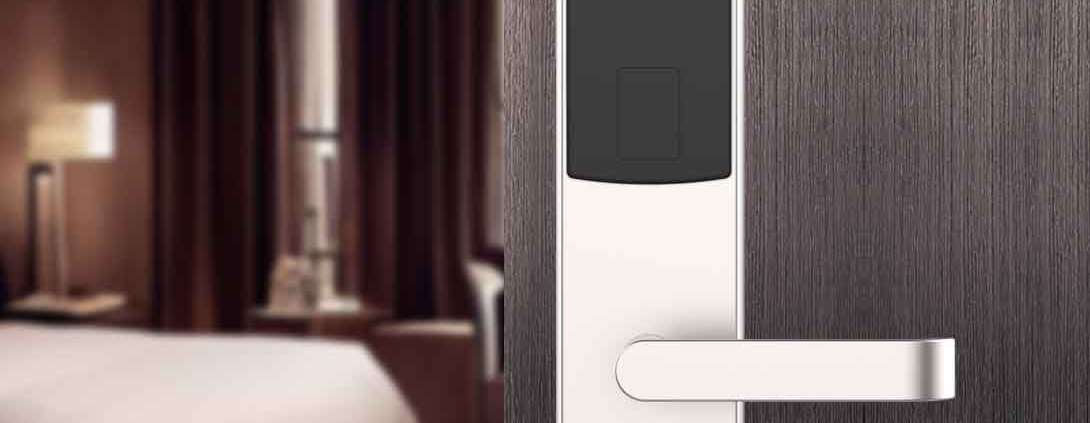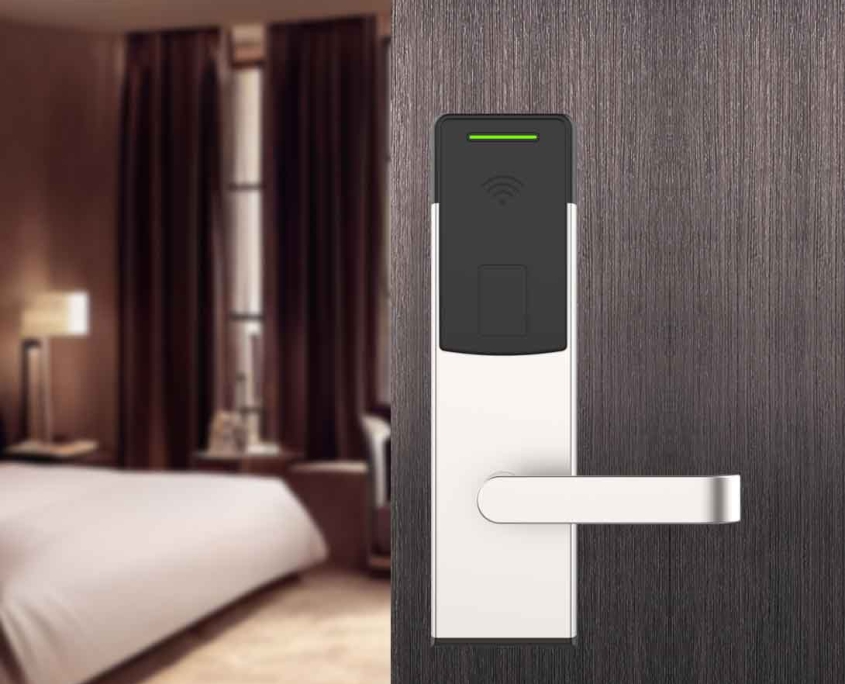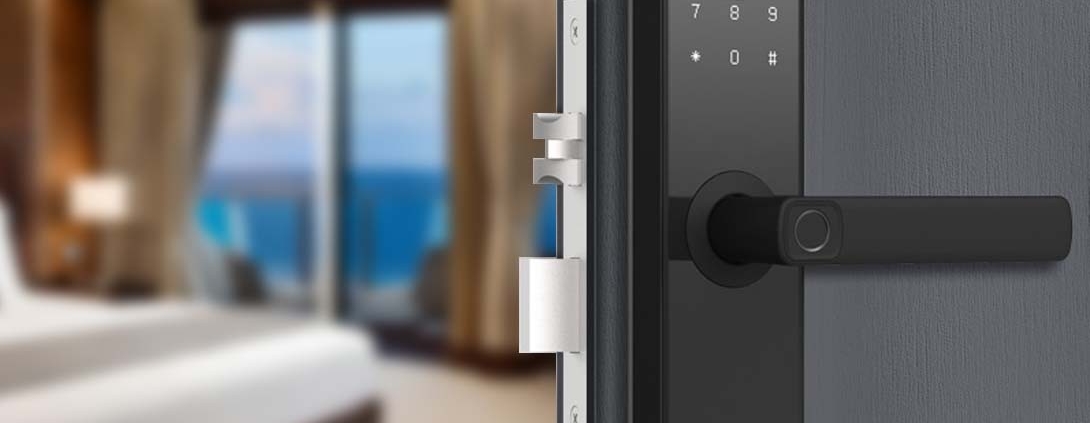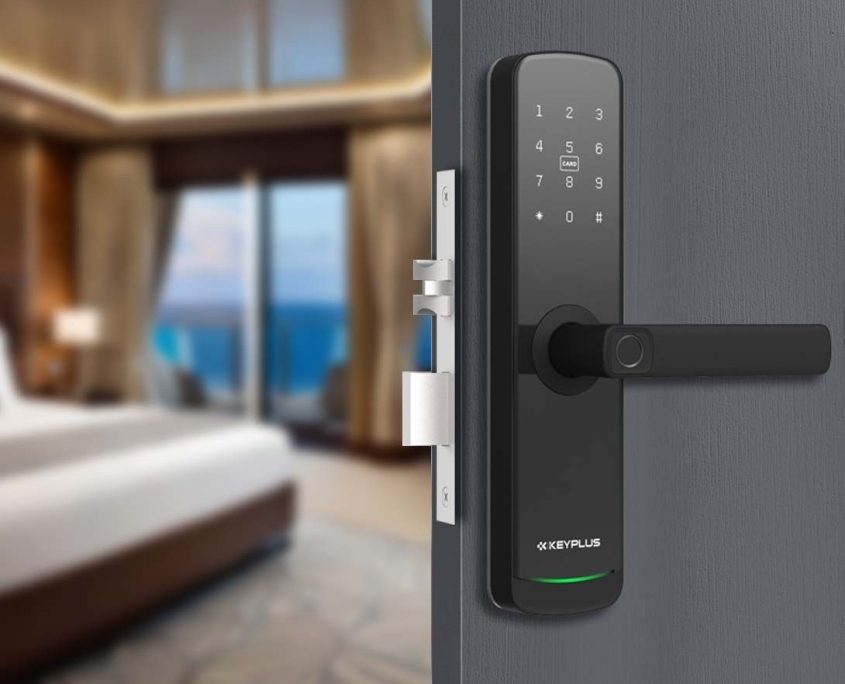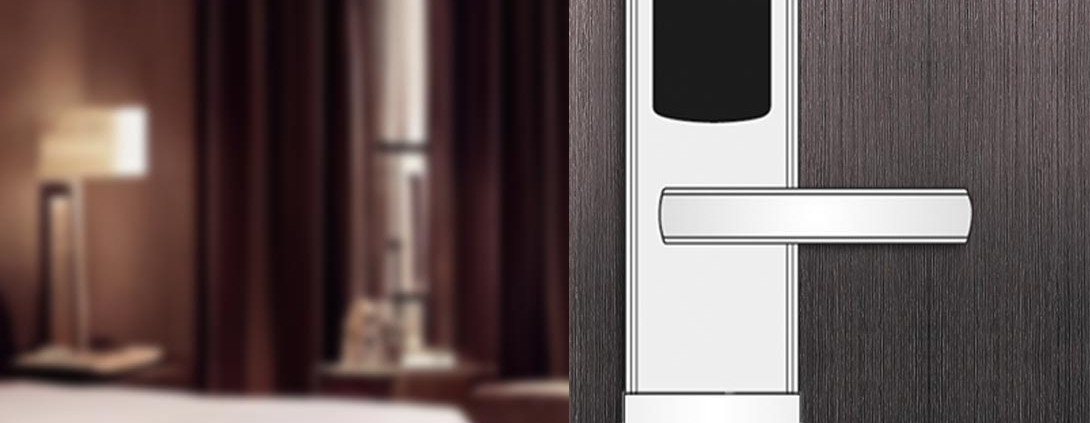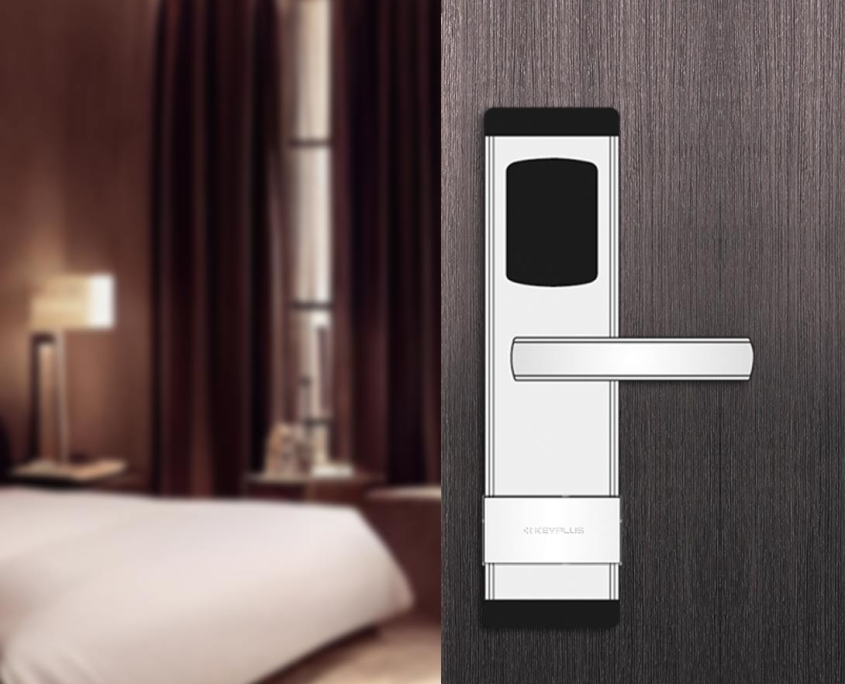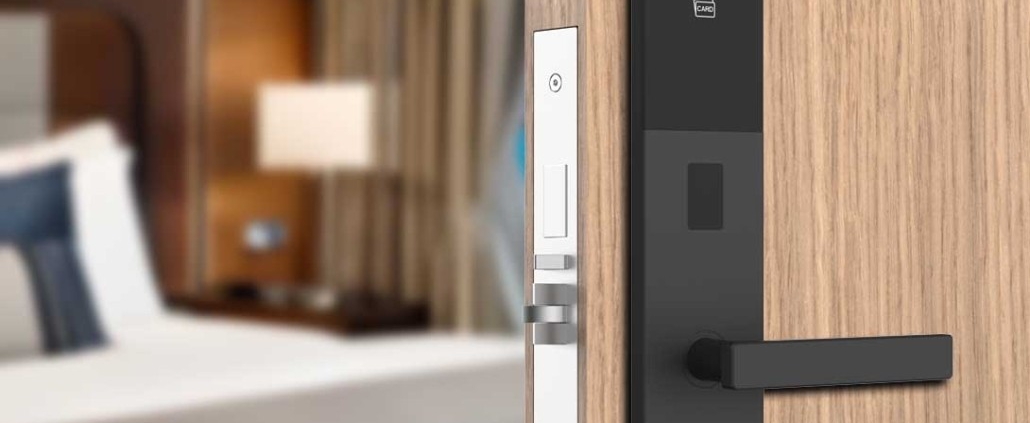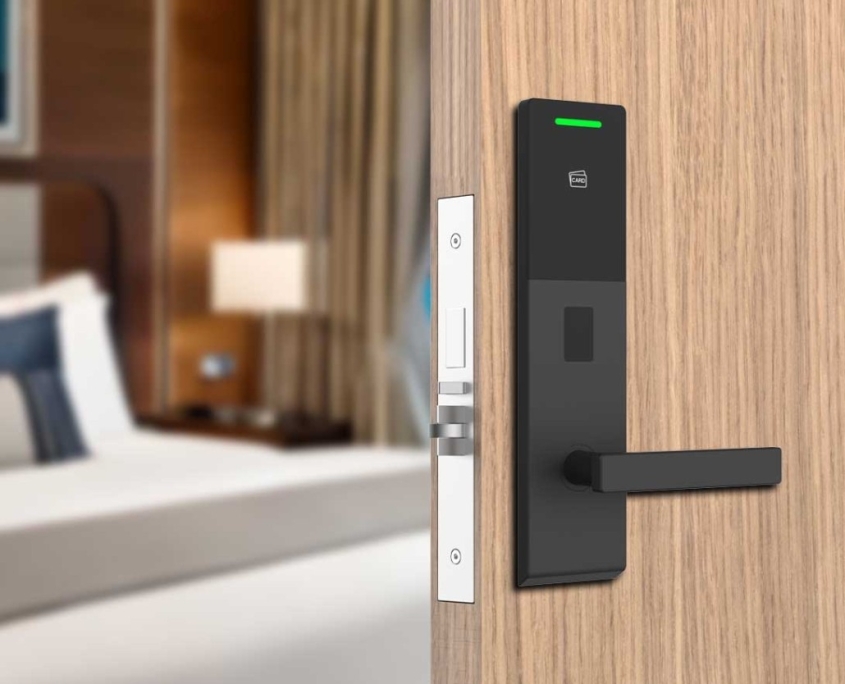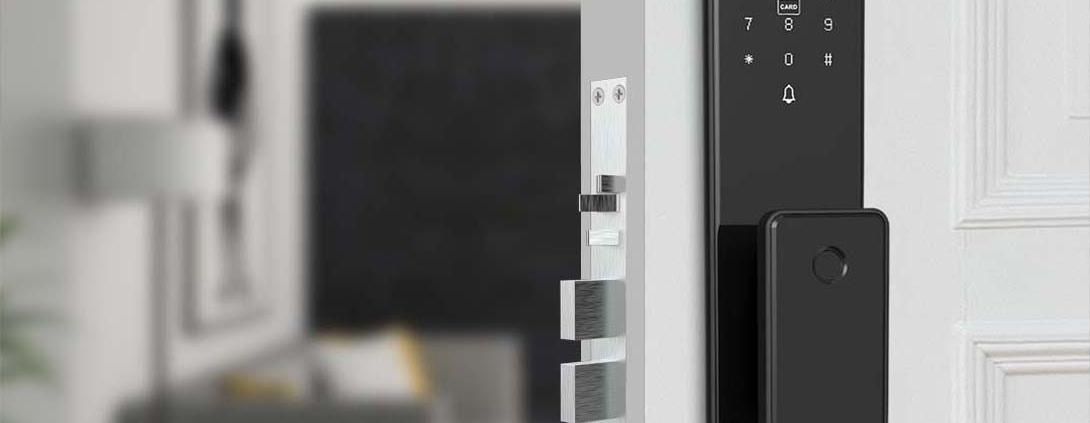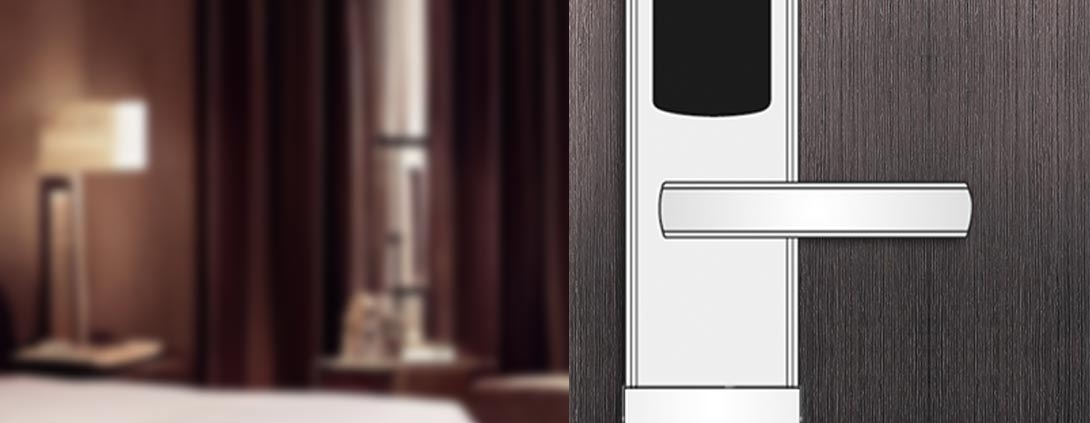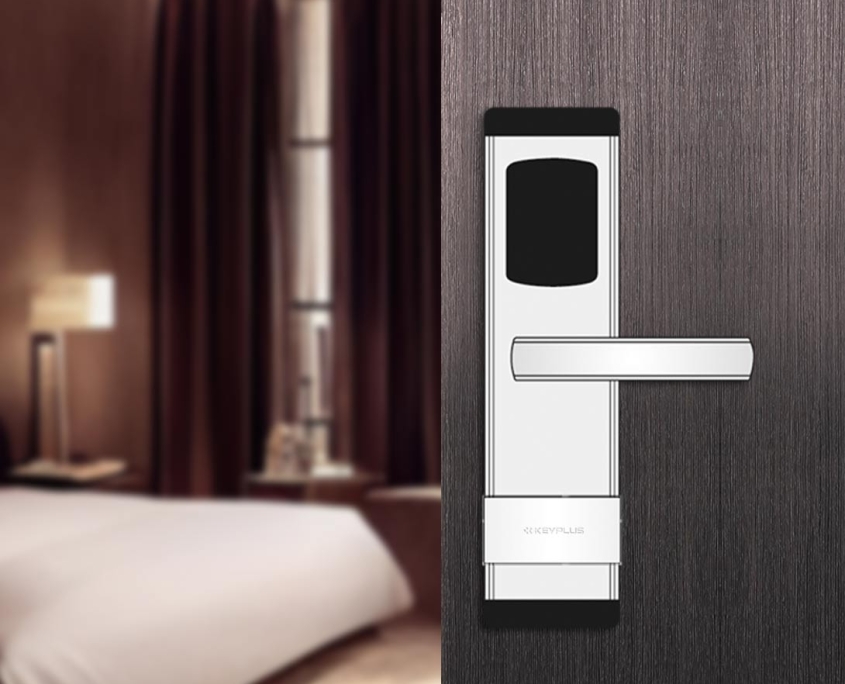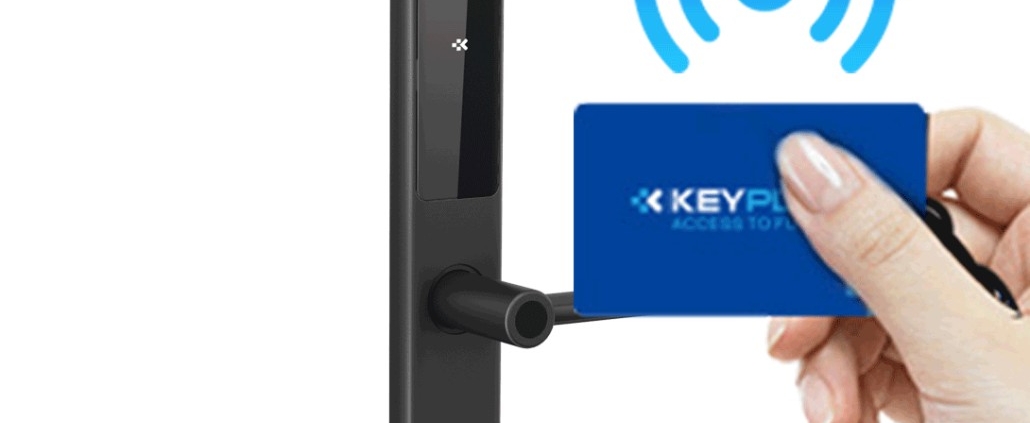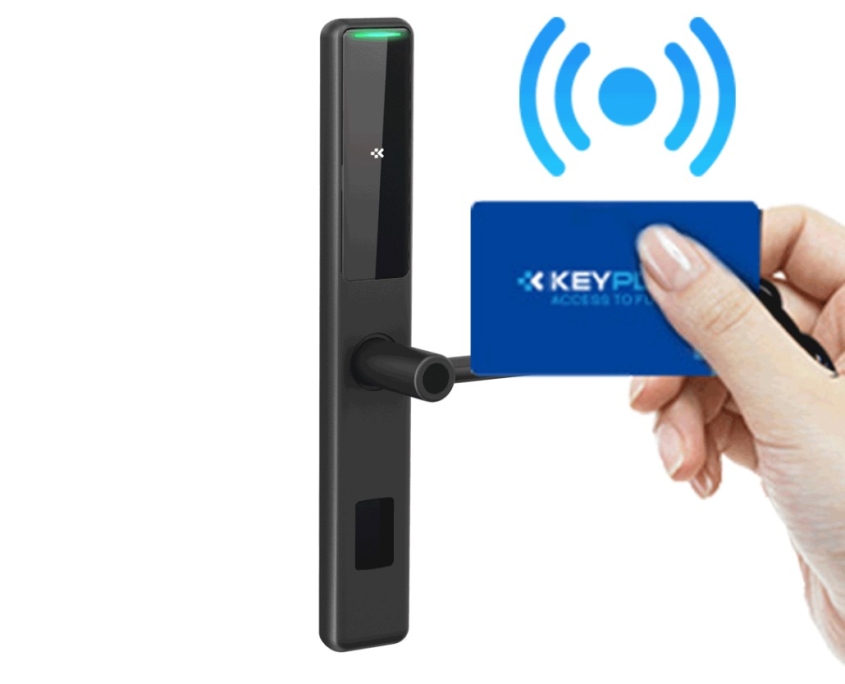When you check into a hotel, you might not think much about how your room’s door lock works—until it doesn’t. Modern hotel door locks are designed for security, convenience, and reliability, but have you ever wondered what powers them? Unlike traditional home locks that rely solely on physical keys, hotel locks often use advanced electronic systems.
In this article, we’ll explore the different power sources for hotel door locks, how they function, and why hotels choose specific types of locking mechanisms.
1. Battery-Powered Locks (Most Common)
The majority of modern hotel door locks are battery-powered. These locks use standard disposable batteries, typically AA or lithium batteries, to operate the electronic components.
How Battery-Powered Locks Work:
-
The lock contains a small motor or solenoid that retracts the bolt when activated.
-
A circuit board inside the lock communicates with a keycard, smartphone, or keypad to verify access.
-
When a valid credential is presented (such as a magnetic stripe card, RFID keycard, or Bluetooth signal), the lock releases the mechanism.
Advantages:
No wiring required – Easy to install and replace.
Backup options – Many battery-powered locks have an external power jack for emergency access if batteries die.
Long battery life – High-quality locks can last 1-2 years before needing a battery change.
Disadvantages:
Battery replacement – Staff must periodically check and replace batteries.
Risk of failure – If batteries die unexpectedly, guests may be locked out.
Many hotels use low-battery indicators (such as a blinking light or an alert in the management system) to prevent lockouts.
2. Hardwired (Wired) Electronic Locks
Some high-end hotels or newly constructed properties use hardwired electronic locks, which are connected directly to the building’s electrical system.
How Hardwired Locks Work:
-
These locks receive constant power from the hotel’s electrical wiring.
-
They often include battery backups in case of a power outage.
-
They may be integrated with the hotel’s Property Management System (PMS) for real-time access control.
Advantages:
No battery changes needed – More reliable for long-term use.
Centralized control – Hotel staff can remotely lock/unlock doors if needed.
Advanced features – Can support audit trails, automatic check-out locking, and integration with smart systems.
Disadvantages:
Higher installation cost – Requires professional wiring.
Vulnerable to power outages – Unless a backup battery is installed.
These locks are common in luxury hotels or large resorts where security and automation are top priorities.
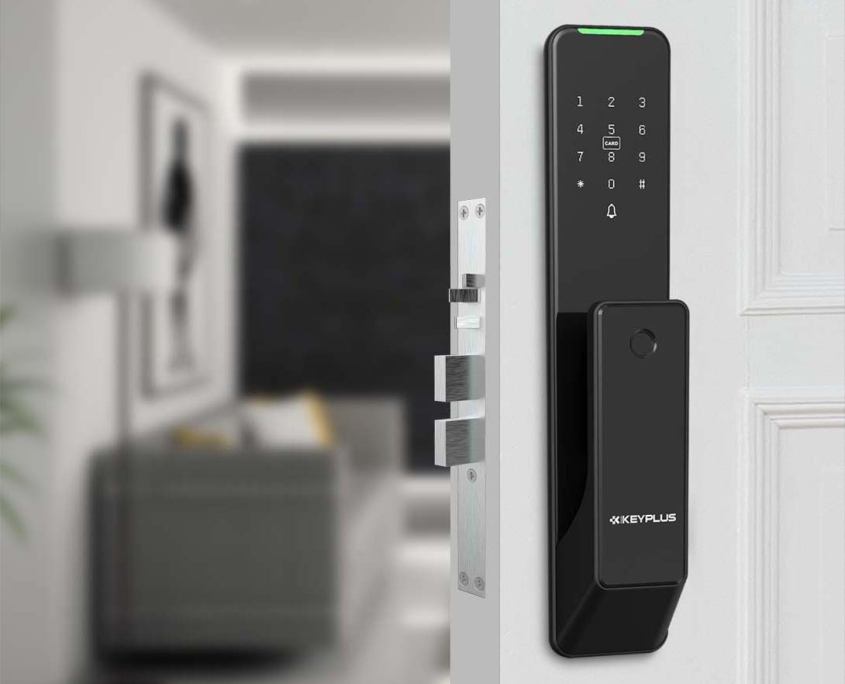
3. Hybrid Systems (Battery + Wired Backup)
Some hotels use a hybrid approach, where the lock primarily runs on batteries but is backed up by a wired connection. This setup is common in smart locks that support both RFID keycards and mobile app access.
How Hybrid Locks Work:
-
The lock normally operates on batteries.
-
If the batteries fail, the wired connection provides emergency power.
-
Some models can even recharge their batteries using the wired connection.
Advantages:
Best of both worlds – Battery convenience with wired reliability.
Smart features – Can sync with hotel software for keyless entry via smartphones.
Disadvantages:
More expensive than standard battery-only locks.
Installation complexity – Requires both battery and wiring setup.
4. Mechanical Override (Emergency Key Access)
Even electronic hotel locks usually have a mechanical backup, such as a traditional keyhole. This is a safety requirement in case of complete power or battery failure.
How Mechanical Override Works:
-
A small keyhole is hidden behind a cover or under the lock.
-
Hotel staff carry a master key that can open any door in an emergency.
-
This ensures guests are never permanently locked out.
Why It’s Important:
5. Emerging Technologies: Energy-Harvesting Locks
Some newer hotel locks use energy-harvesting technology, eliminating the need for batteries or wiring.
How They Work:
Advantages:
Eco-friendly – No disposable batteries needed.
Low maintenance – No battery replacements required.
Disadvantages:
Still rare – Not yet widely adopted in hotels.
Higher upfront cost – More expensive than traditional locks.
Why Hotels Choose Different Power Systems
Hotels select lock power systems based on:
-
Cost – Battery-powered locks are cheaper to install.
-
Reliability – Wired locks are better for high-security areas.
-
Convenience – Smart locks with mobile access appeal to tech-savvy guests.
-
Maintenance – Energy-harvesting locks reduce staff workload.
Conclusion
Most hotel door locks today are battery-powered, but wired, hybrid, and even energy-harvesting locks are becoming more common. The choice depends on the hotel’s budget, security needs, and guest experience goals.
Next time you swipe your keycard or tap your phone to enter your hotel room, you’ll know exactly what’s keeping your door secure—and powered!
Would you prefer a hotel with a traditional keycard lock or a high-tech smart lock? Let us know in the comments!

In today's smart home era, Wi-Fi door locks have become a popular choice for Americans looking to enhance security and convenience. These high-tech locks allow you to control access to your home remotely using a smartphone, voice commands, or…

Keyless entry door locks have become increasingly popular in American homes, offering convenience and modern technology. Instead of fumbling for keys, homeowners can unlock their doors using a keypad, smartphone, fingerprint, or even voice commands.…

In today's digital age, hotels worldwide are upgrading from traditional key cards to smart door locks – advanced systems that use cutting-edge technology to enhance security and guest convenience. But how exactly do these futuristic locks…

Best Smart Door Lock Manufacturer in Saudi Arabia: Enhancing Security with Innovation
In today’s fast-evolving world, security and convenience are top priorities for homeowners and businesses alike. Saudi Arabia, a hub of technological advancement…

In an era where convenience and security are paramount, smart door locks have become an essential part of modern homes and businesses. Dubai, known for its innovation and luxury, is at the forefront of adopting smart home solutions. If you're…

The Smart Home’s First Defense: Your Complete Guide to Choosing a Digital Door Lock
Forget fumbling for keys with arms full of groceries or worrying about lost keys during vacation. Digital door locks offer keyless entry, remote access, and…
